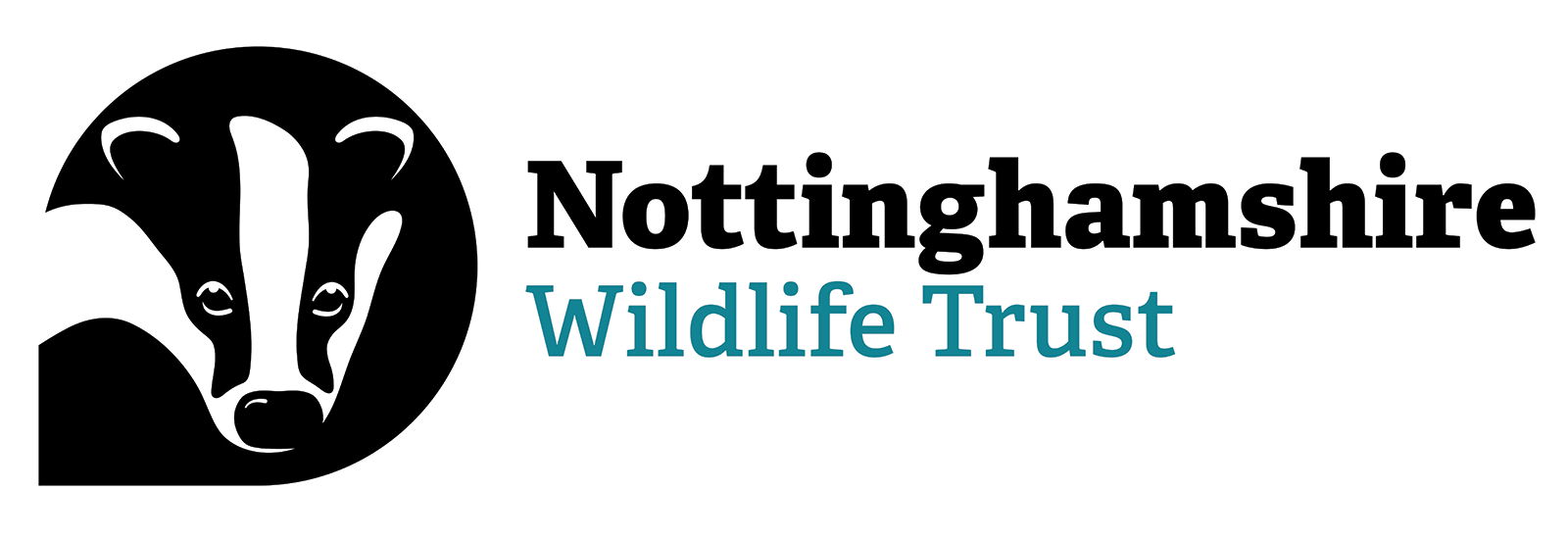Exploratory drilling linked to fracking is taking place just 120m from the edge of the charity’s Misson Carr Nature Reserve and campaigners from the local area and beyond have been venting their frustrations that such activities can be allowed so close to a nationally designated wildlife area.
The reserve is designated as a Site of Special Scientific Interest and throughout the consultations prior to planning permission being granted for an exploratory drilling rig at Misson Springs, Nottinghamshire Wildlife Trust argued that due to the risk of disturbance to wildlife and other issues such as possible impacts on water quality, permission should be refused.
Speaking on behalf of Nottinghamshire Wildlife Trust, Head of Communications Erin McDaid said:
